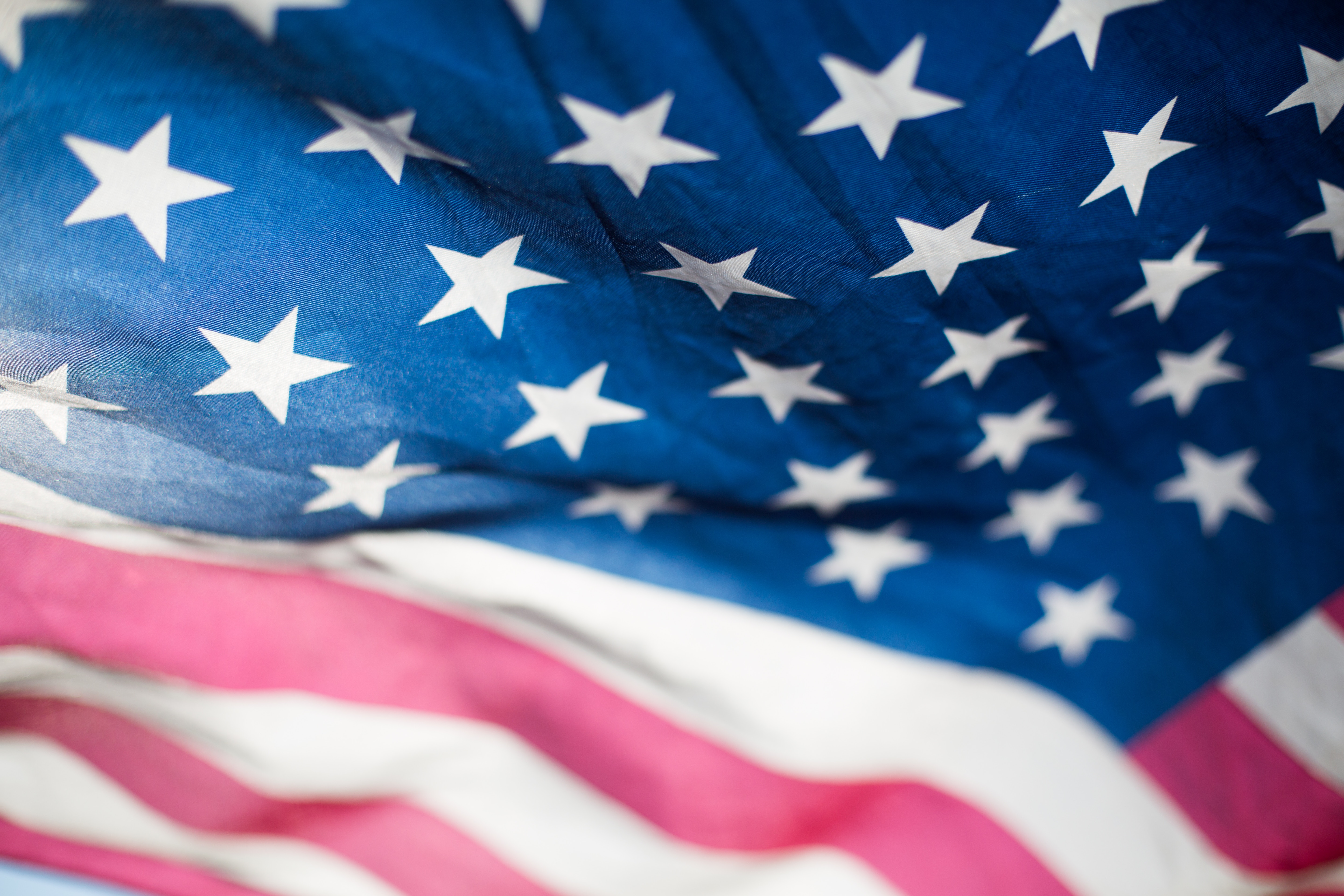It has been nearly fourteen months since Colin Kaepernick first knelt during the playing of the Star Spangled Banner prior to the start of his team’s games. The decision not to stand during the national anthem, as he has repeatedly stated, was in response to the on-going epidemic of police brutality and the inequality that he and other people of color experience in our country on a daily basis.
Last week at a rally in Alabama, the president called Mr. Kaepernick, and other professional football players who have since joined the protest, a vulgar name and encouraged the owners of the teams to fire them. But he did something else that night as well. He took control of the narrative and completely flipped it, leading a significant portion of our country to believe that these players were kneeling in protest of our national anthem, the flag, and the men and women serving in our military.
This was never about any of that, but it is very telling that so many people have misinterpreted football players protesting inequality and racism as football players protesting America.
When Kaepernick began his protest during his team’s first two preseason games last year, he did so by sitting on the bench. He then consulted with a couple of military veterans about his protest, not wanting to show any disrespect to those in the military, about the proper form his protest should take. They advised him to kneel alongside his teammates rather than continue to sit by himself on the bench. Military members kneel during the funeral of a veteran when they present a flag to the veteran’s next-of-kin. As a person of faith, I kneel frequently to pray and the church that I grew up attending has a rail on which people kneel as they receive the elements of the Eucharist. Kneeling is a sign of respect, not disrespect, and it was specifically chosen as a form of protest in order to show respect to our country and all those who have sacrificed for it, while also getting his message across.
Criticizing others for disrespecting the military is an interesting position for someone who verbally attacked Khizr and Ghazala Khan while campaigning for president. The Khans are the parents of American soldier Humayun Khan, who died in a car bombing in Iraq in 2004 while trying to save the lives of fellow Americans. He also belittled Sen. John McCain while on the campaign trail for being captured and tortured as a prisoner of war.
The juxtaposition is quite jarring. If you’re a black man respectfully kneeling in order to initiate a conversation about race in America you should be fired. If you’re a white man openly mocking the sacrifices others have made for this country you can become president.
Of all people, Christians should be the first to raise questions about our relationship to the government and where our allegiances lie. Members of the early church struggled to be both citizens of Rome and followers of Jesus. Peter and John were brought before the rulers of Jerusalem and ordered not to continue spreading Jesus’ message of hope to the hopeless and liberation to the persecuted. They answered they could do no other than tell the truth about what they saw and heard (Acts 4). In another incident, Peter is again brought before the rulers and tells them, “we must obey God rather than human beings” (Acts 5:29).
Throughout scripture we are reminded not to worship idols so that we not misplace our allegiance for the object rather than that which the object represents. The prophet Daniel is celebrated in Jewish and Christian traditions for refusing to obey the command of the empire to worship an idol and pledge allegiance to anything other than God. As a result, he was forced to endure a blazing furnace. As a result of Kaepernick’s actions, he has had to endure fiery, misguided criticism and hatred.
As people of faith, we must be careful to ensure that our appreciation for the great things our flag represents does not become worship of the flag itself. Among those many things the flag represents is the freedom of speech, and in exercising that freedom Kaepernick continues to be burned. Perhaps the time has long come for us to take a knee ourselves to acknowledge as well that our allegiance is not to the empire or to an idol, but to the Prince of Peace who brought liberation to the captive and justice to the oppressed.

